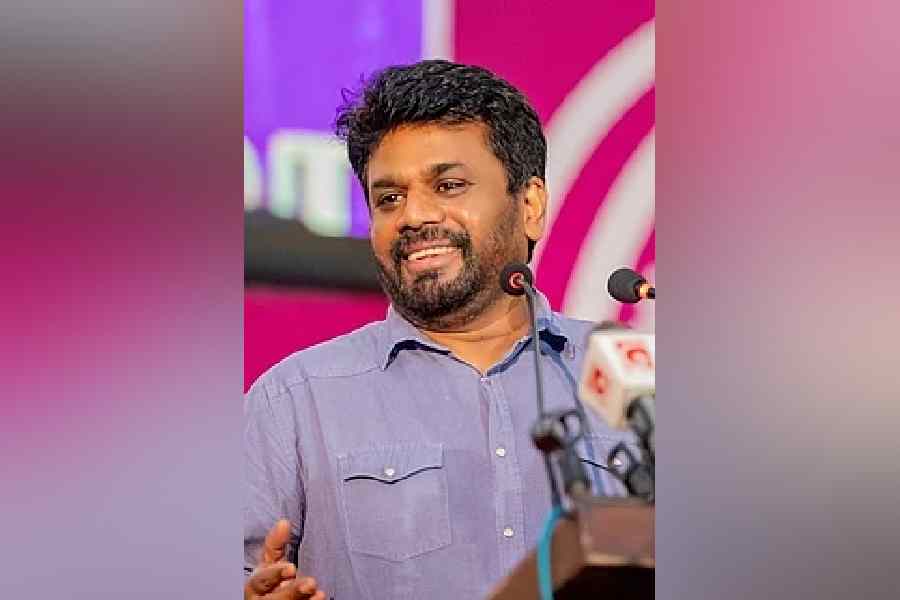Two years after popular protests forced Sri Lanka’s then president, Gotabaya Rajapaksa, to resign and flee, the country has chosen a clean break from the past by electing an unlikely Left-leaning politician as its president. Anura Kumara Dissanayake and his Janatha Vimukthi Peramuna have never been close to power before. In fact, the JVP led armed insurrections in the 1970s and in the late 1980s to overthrow the very Sri Lankan State that Mr Dissanayake will now lead. But it was the party’s role as a key actor in the Aragalaya protests of 2022 that propelled the rise of the JVP and that of its leader. Mr Dissanayake, whose JVP is part of a broader coalition called the National People’s Power, won last Saturday’s election defeating the outgoing leader of the Opposition, Sajith Premadasa, the son of the former president, Ranasinghe Premadasa. Now he needs to deliver on his promises by working with the same system he previously railed against. Mr Dissanayake has promised to root out corruption. But he will need the support of Parliament to push through major reforms. Mr Dissanayake dissolved Parliament on Tuesday; snap elections will be held on November 14. If the NPP falls short of a majority on its own, it will need support from parties it has repeatedly criticised.
It is not as if Mr Dissanayake faces domestic challenges only. He has promised to renegotiate the terms of a $2.9 billion International Monetary Fund loan that has helped stabilise the country’s economy after its 2022 debt default but has also meant hardships for poorer Sri Lankans in the form of social welfare cuts and tax increases. Getting a better deal for Sri Lanka without jeopardising the loan itself will not be easy. Managing relations with Sri Lanka’s neighbours could be equally complex. The JVP has historically been deeply critical of India and close to China. Mr Dissanayake has sought to redress that balance, visiting New Delhi earlier this year. Following his election, he has exchanged warm public messages with Prime Minister Narendra Modi. How he juggles relations with India and China could prove to be his biggest foreign policy examination. At home, Mr Dissanayake must also reach out to Sri Lanka’s Tamils and Muslims, communities whose grievances the JVP has historically refused to acknowledge. For his election to truly herald a new beginning for his country, it must represent hope for all Sri Lankans. Ensuring that will be Mr Dissanayake’s ultimate test.











